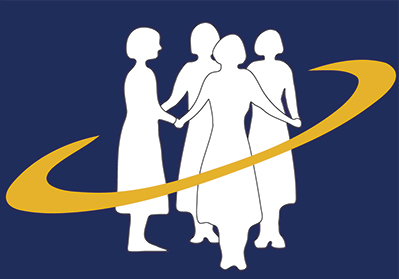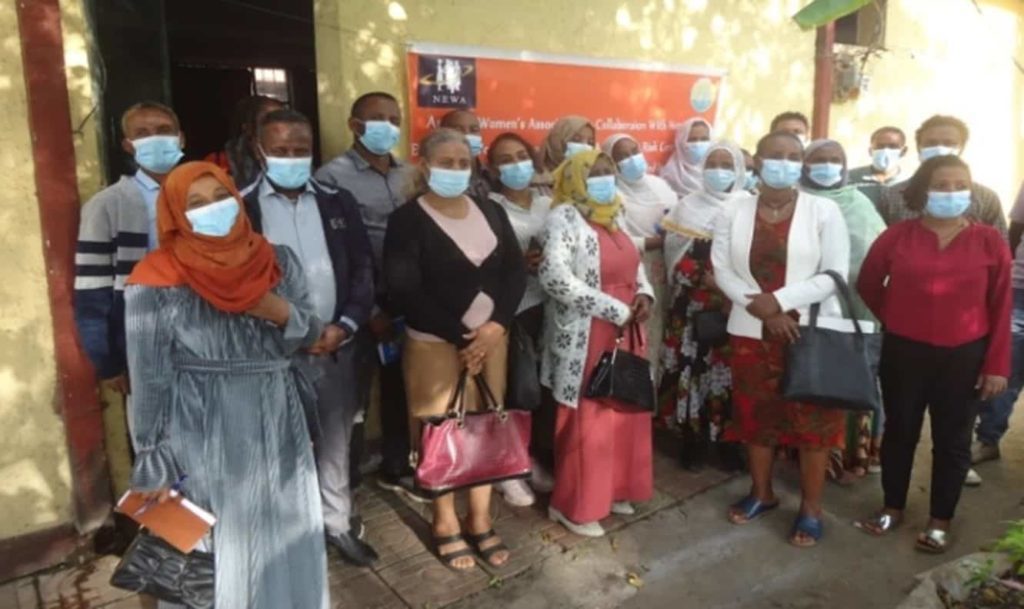Facts and figures: Women’s leadership and political participation
Women’s equal participation and leadership in political and public life are essential to achieving the Sustainable Development Goals by 2030. However, data shows that women are underrepresented at all levels of decision-making worldwide and achieving gender parity in political life is far off. Women in executive government positions As of 1 September 2021, there are 26 women serving …
Facts and figures: Women’s leadership and political participation Read More »

